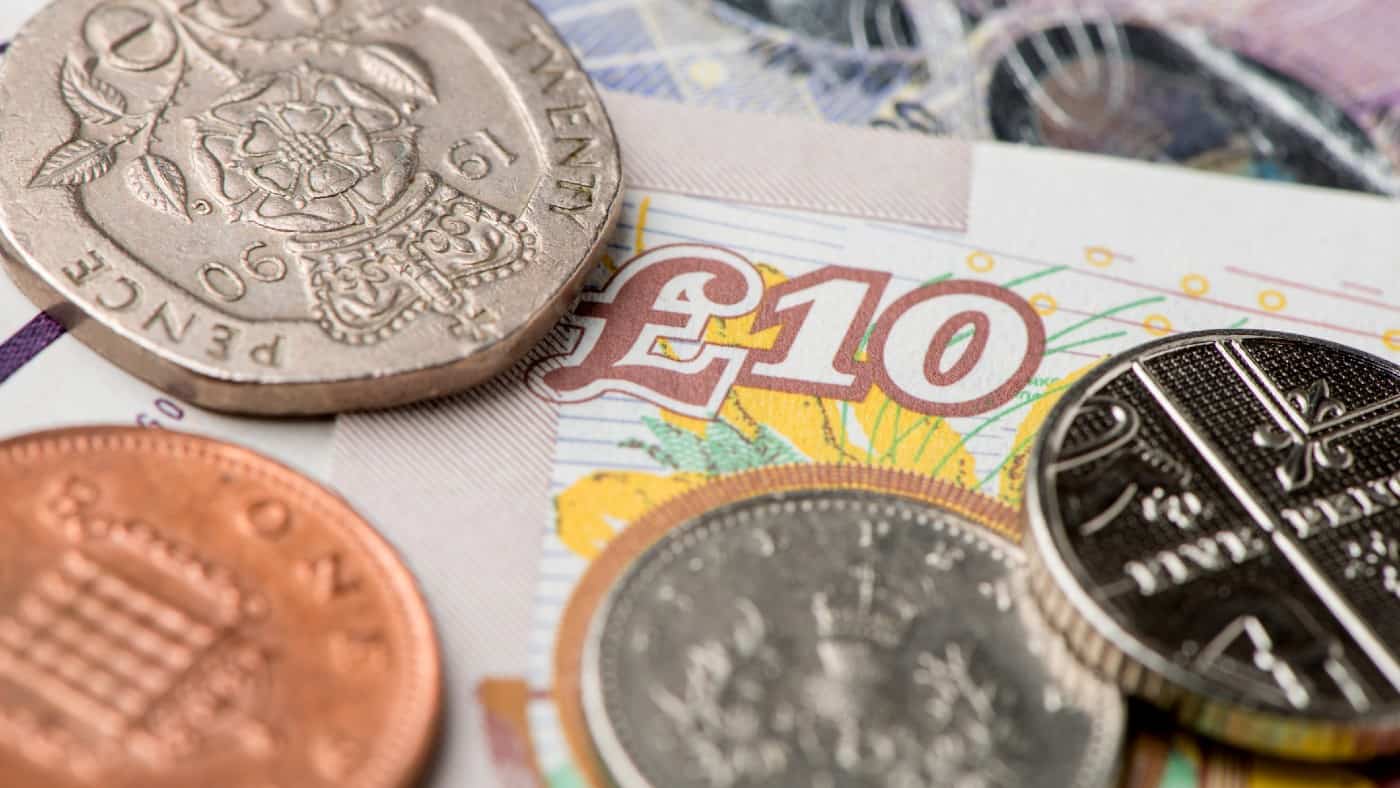

Image source: Getty Images
Aviva (LSE: AV.) shares recently caught my eye at just over £4 and I became a shareholder. At this price, they’re forecast to pay out some very generous passive income in 2024.
Plus, with the FTSE 100 insurance and wealth management group transitioning towards a capital-light business model, I’m hopeful there might be some healthy share price gains too. It’s very early days, but I’m already up (slightly) in this regard.
Here, I’ll explain why I’d buy the shares if I were looking to generate £1,000 a year in passive income.
Resilient performance
Under CEO Amanda Blanc, Aviva continues to expand and prioritise its capital-light businesses. It has sold off multiple international businesses, simplifying its geographic footprint.
For example, it recently exited its Singapore joint venture for a total of around £850m.
In the third quarter, there was evidence of solid operational progress. Gross written premium (GWP) rose 13% year on year to £8bn in constant currencies. In the UK and Ireland, GWP jumped 15%.
Its workplace pensions business continued to shine, with flows up 26% after attracting over 350 new corporate customers. Meanwhile, sales in its health business surged 56%, driven by people opting for private health insurance amid record NHS waiting times.
Looking forward, the company expects 5-7% growth in operating profit in 2023. This is impressive considering the higher weather-related claims this year (Storms Babet and Ciarán in the UK and wildfires in Canada).
Management says it’s on track to exceed its targets for the medium term, including delivering £750m in cost savings one year earlier than planned.
Attractive wealth market
Aviva has targeted wealth management as a big growth driver in future.
It estimates that the UK wealth market is set to nearly triple to £4.3trn in the next 10 years. And the firm sees this as a lucrative opportunity to generate sustainable, capital-light growth.
Its ambition is to reach at least £250bn in assets with £280m in operating profit per year after five years.
Passive income
On the recent quarter, the CEO said: “We reiterate our guidance for a total dividend of circa 33.4p for 2023, and further regular and sustainable returns of surplus capital.”
Based on today’s share price of 419p, a dividend of 33.4p per share translates into an eye-catching yield of 8%. That would handily beat anything I’d get in a fixed-rate savings account.
Next year, analysts have a dividend of 34.6p per share pencilled in, which equates to an 8.3% yield.
It means I’d need about 2,890 shares to aim for £1k in passive income. Those would set me back around £12,110.
Of course, that’s a substantial sum and those yields aren’t guaranteed. Severe weather over the winter months could increase claims and lower profits, throwing a spanner in the works.
Undervalued prospects
To my mind though, there’s a lot like about Aviva’s growth prospects, especially in private health insurance.
The NHS waiting list rose to a record 7.8m in England in September. This includes patients waiting for treatments ranging from hip replacements to the removal of cancerous tumours.
That backlog won’t be cleared overnight, meaning Aviva could see significantly more demand for private health cover.
I don’t think the current share price and low price-to-earnings (P/E) ratio of 11 reflect this potential.






